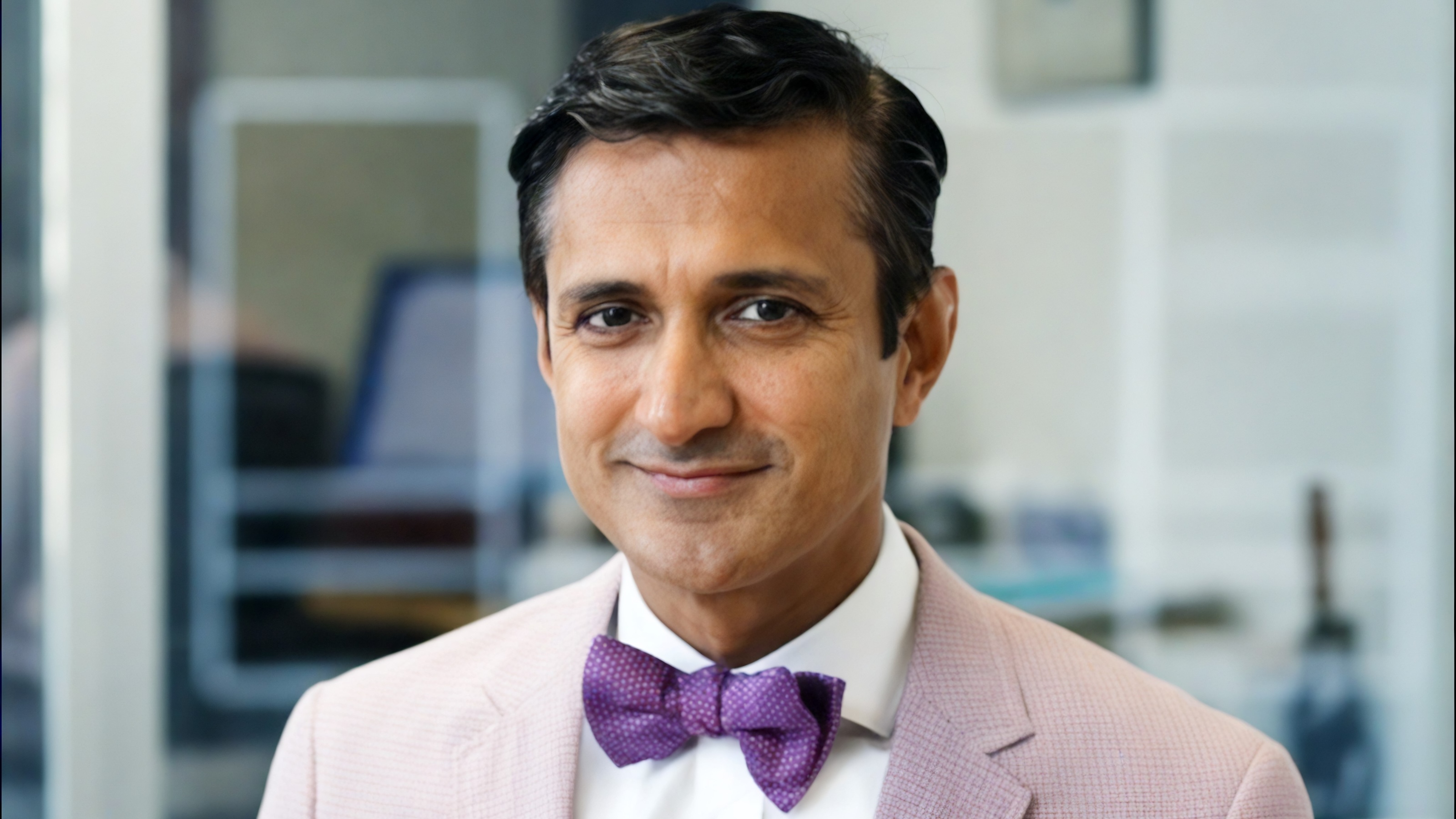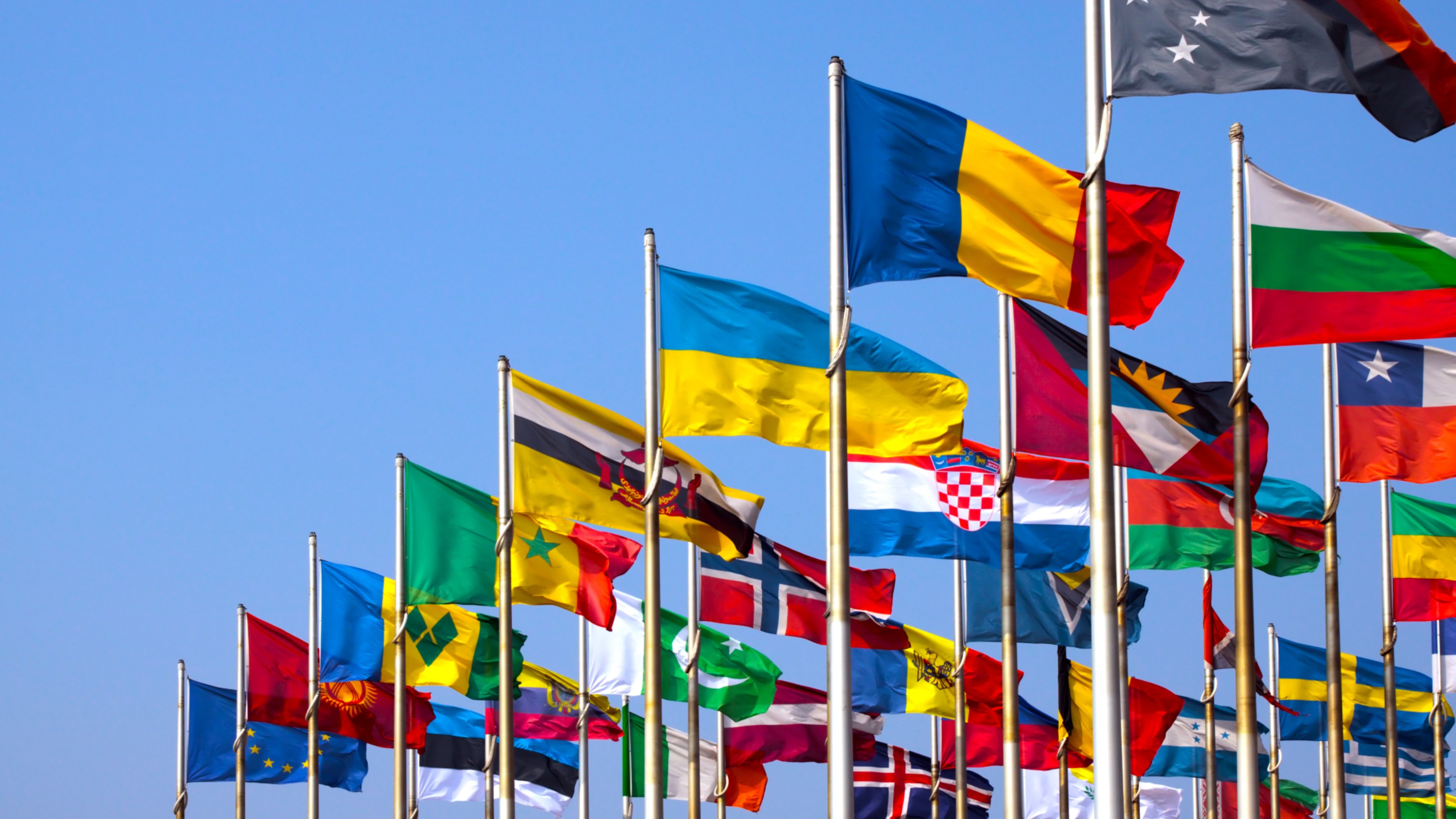Getting to know the city from the back of a delivery wagon.
Ezekiel Emanuel: A very dominant influence on my life was my maternal grandfather, Herman Small. He was . . . he came here in the early 20th century. Escaped from Russia, actually a smuggled-in illegal immigrant. He worked in the meat packing industry in and around Chicago. He was a union organizer very early on. Built a synagogue. A very big man. Very heavy. Very big hands of a manual laborer. Very committed to trying to make everyone’s life better. We used to spend a lot of days riding in the back of his station wagon as he delivered . . . He eventually got into specialty food stuffs – food imports from Switzerland, and Sweden, and Denmark. And he used to deliver them to specialty food stores way before the sort of gourmet food craze. This was in the 60s. No one had heard of gourmet cheeses. He was doing that. And we used to sit in the back of his car for hours just driving all over Illinois, all over Wisconsin, all over Indiana and talking to him. And he was a very, very caring person. And then for a couple of years he moved into our house. He sold everything. And then at the age of, I think, 72 he was going to immigrate to Israel; but it turned out he was an illegal immigrant in the United States, so he had no passport to leave the country. And he had sold everything, so he moved into our house. And he used to wake up at, you know, 4 o’clock in the morning. And when you got up, he would make you this breakfast that was unbelievable . . . of double-yoked eggs. You could get double-yoked eggs from these specialty farms. And all sorts of . . . fresh squeezed orange juice, all this stuff. And what he did for other people . . . the fact that it was very important for him to care for other people and make sure everyone else was being cared for was very . . . it’s a very, very important thing.
Second important thing was my mother was heavily involved in the Civil Rights Movement in the early 1960s, way before . . . And we were a family that had a lot of black friends. We spent a lot of time on the West side of Chicago with African-American people. And probably one of the most formative experiences there too . . . One my mom – I wouldn’t say every day, but not infrequently – got arrested and would not end up being back home at night. And so that was a very interesting experience. And the other was that we marched . . . When Martin Luther King came to Chicago and marched to Cisaro, we were on that march as kids. And we were pelted with rotten tomatoes and eggs. A very searing experience. You never forget that kind of stuff. And we were able to her Martin Luther King as well in person. And those are, I would say, among the many formative experiences . . . or at least people who were formative to me.





